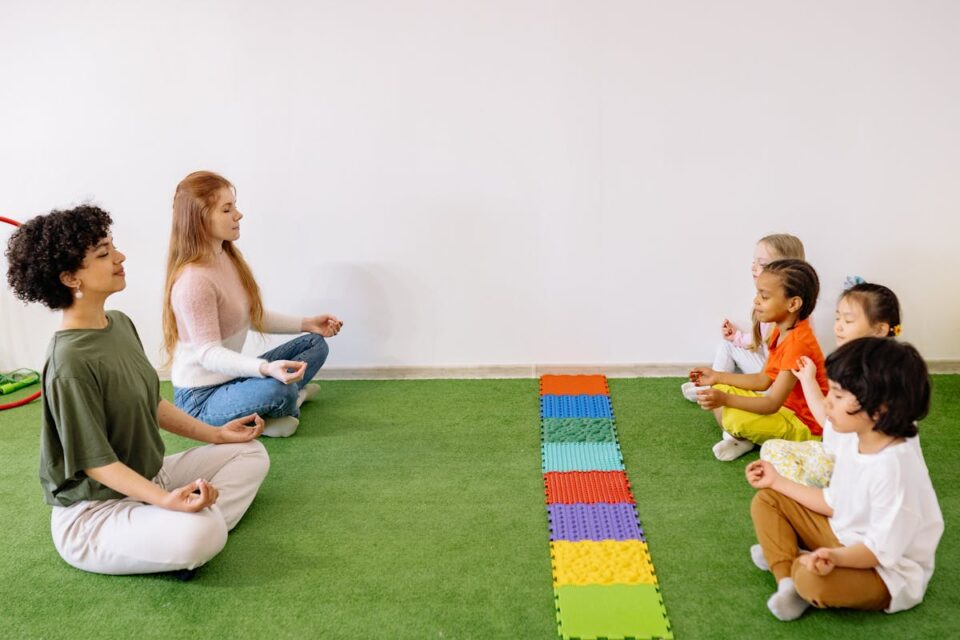Supporting your child’s wellbeing is just as important as supporting their academic progress. A happy, confident child is far more likely to thrive both inside and outside the classroom. Whether they are just starting school or moving into a new year group, your support can make a real difference to their emotional and mental health.
Open Lines of Communication
One of the simplest but most powerful ways to support your child’s wellbeing is to keep communication open. This nursery school in Guildford recommends encouraging them to talk about their day, their friendships, and anything that might be worrying them. Listening without judgement – and without immediately rushing to offer solutions – helps your child feel heard and valued.
Some children find it easier to open up while doing an activity, like drawing or going for a walk. Look for relaxed opportunities to chat rather than putting them under pressure to “talk about their feelings.”
Build Positive Routines
Predictable routines provide children with a sense of security. Establish regular bedtimes, healthy mealtimes, and a manageable homework schedule to help your child feel calm and organised.
Simple routines like laying out school clothes the night before, packing bags together, and having a consistent morning routine can reduce stress and set a positive tone for the day ahead.
Don’t forget to include plenty of downtime too. A good balance of schoolwork, hobbies, and rest is essential for good mental health.
Encourage Friendships
Friendships are central to a child’s happiness at school. Encourage your child to nurture positive relationships by being kind, inclusive, and respectful of others’ differences. Arrange playdates or opportunities to socialise outside of school where possible, particularly if your child is feeling lonely or is struggling to make friends.
If your child is experiencing friendship difficulties, try not to intervene too quickly. Instead, coach them through problem-solving and social skills, and work with the school if needed to ensure they feel supported.
Communicate With the School
Your child’s school is your partner in supporting their wellbeing. Stay in regular contact with their teachers and other staff members. Attend parents’ evenings, read newsletters, and don’t be afraid to reach out if you have concerns about your child’s happiness, behaviour, or progress.
Schools often have pastoral teams, counsellors, or wellbeing programmes in place. By working together, you can help create a consistent support network for your child both at home and at school.
Model Healthy Habits
Children learn by example, so showing them how you manage your own emotions, cope with stress, and look after your mental health teaches them valuable life skills.
Demonstrate positive habits like healthy eating, regular exercise, taking breaks, and asking for help when you need it. Talk openly (in an age-appropriate way) about emotions and self-care, so your child learns that it’s normal – and important – to look after your wellbeing.
Supporting your child’s wellbeing is a continuous journey. By maintaining strong communication, building positive routines, encouraging friendships, collaborating with the school, and modelling healthy behaviour, you give your child the tools they need to flourish both academically and emotionally.
A happy child is a confident learner – and that’s something worth investing in every day.

